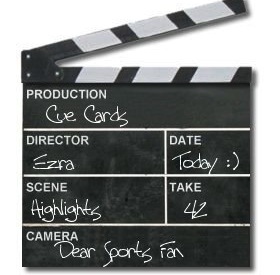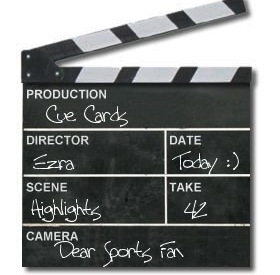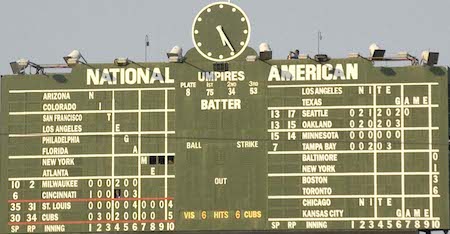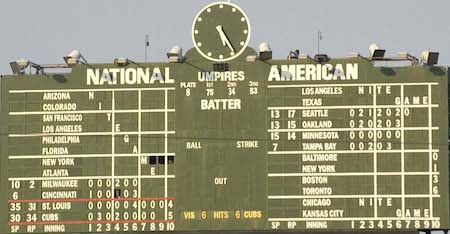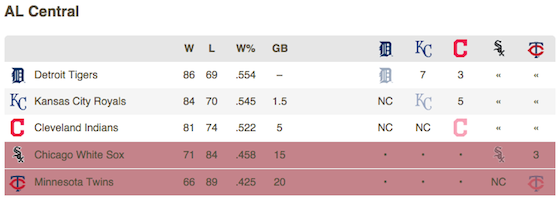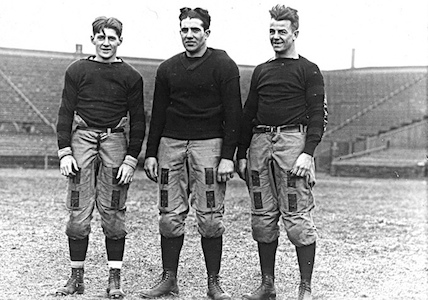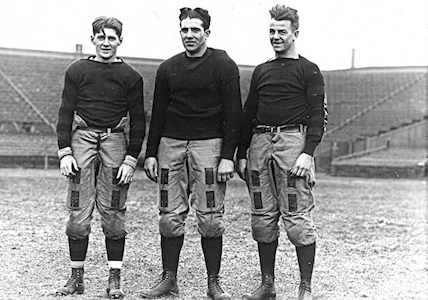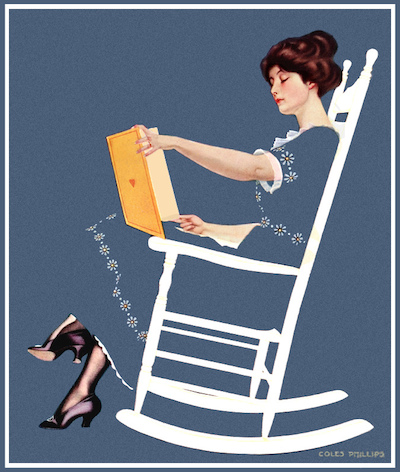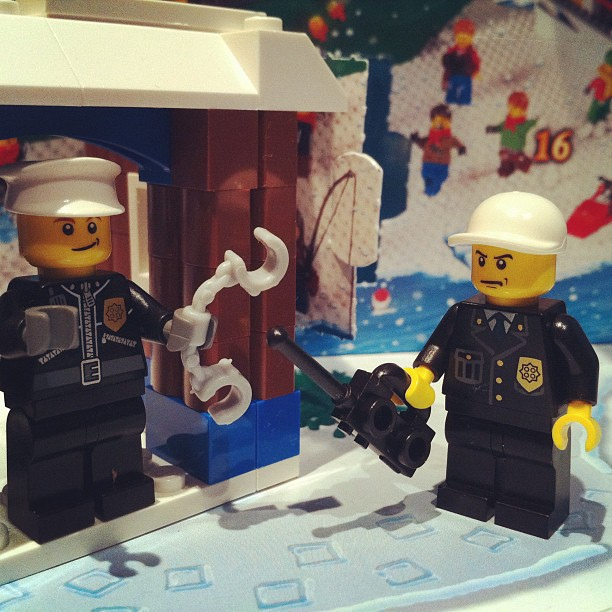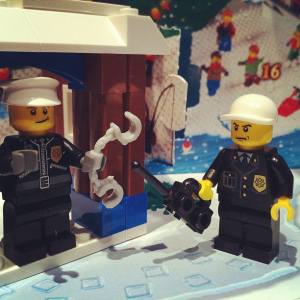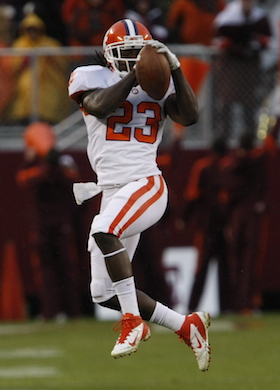Dear Sports Fan,
How does the Ryder Cup work? I know it’s an international golf tournament but I’m not sure how it’s different from other golf tournaments.
Thanks,
Alf
Dear Alf,
The Ryder Cup is a men’s golf competition that happens every two years between a team made up of golfers from the United States and a team of European golfers. It’s quite a bit different from most golf tournaments but I think that it’s actually more exciting and accessible for people (like me,) who aren’t golf fans ordinarily. Although it’s funny to joke about how complicated the event is — Bleacher Report’s intro to the Ryder Cup by Tyler Conway made me laugh out loud at its introductory statement, ” The 2014 Ryder Cup begins in less than a week, which means it’s time for one of the best biennial traditions in golf: explaining how this strange event works.” — but I don’t think it’s all that hard to understand. Let’s run through how it works and you can tell me what you think.
The Teams
Each team is made up of 12 golfers. Each team has a captain who, as part of his responsibilities, gets to choose three of the 12 players. Somewhat interestingly, although both captains are picked by continental golf league leaders (the PGA executive committee in the U.S. and the European Tour Committee in Europe,) only the European players get a chance to vote to ratify the selection. If a U.S. player doesn’t like his captain, too bad. The other nine players are selected automatically by selecting off the top of ranked lists of top golfers intended to reflect performance.
Tournament Format
The tournament is held over the course of three days. During those days, 28 separate competitions, called matches, are played. Each match is worth one point: a win gives a team one point, a loss, zero, and a tie, one half point. Whichever team has the most points after the 28 matches are complete wins the Ryder Cup. It is possible for the two teams to end the tournament with 14 points each. If that happens, the side that won the tournament two years ago keeps the title! This seems like a shockingly unsatisfying way to resolve a tie but, really, so many ways of resolving ties in sports, like shootouts in soccer, are unsatisfying. There’s something traditional in sports about the idea of having a tie favor the reigning champion. In boxing, this unwritten rule goes at least as far back as 1973. It states that, “you can’t dethrone a champion unless you beat him badly.”
There are three different formats for matches during the Ryder Cup: singles, fourballs, and foursomes. Of the 28 matches, eight are foursomes, eight are fourballs, and 12 are singles. Each of the 12 players on both sides must play one of the 12 singles matches but the captains have free-reign to select whoever they want to play in the foursome and fourballs matches with the only restriction being that no single player is allowed to play more than five total matches.
Singles
Players are paired against a single opponent. They play eighteen holes of golf together in direct competition. For each hole, whoever completes it successfully in fewer strokes gets one point. If they take the same number of hits to compete a hole, they each get half a point. Whoever has the most points at the end of the round wins the match for their side.
Fourballs
Fourballs is just like singles, except instead of two players, there are four in two teams of two. Each of the four players plays each hole but for each hole, only the best score from each team counts. For example, if USA 1 gets a six and USA 2 gets a four while Europe 1 gets a 3 and Europe 2 gets an 8, the scores from USA 1 and Europe 2 would be discarded and only the two best scores from each team would be compared. USA 2’s four would get lined up against Europe 1’s three and Team Europe would get the point for that hole. This format is also called “best ball.” It’s theoretically possible that a player could go through an entire round of fourballs and never have their score count if their partner does better on every single hole.
Foursomes
Foursomes is an even more intertwined teamwork based format. Like fourballs, each match is played with teams of two, but instead of both teammates playing each hole, they use a single ball and alternate strokes. If USA 1 drives the ball off the tee, USA 2 has to hit the second shot on the hole. They continue alternating until they get the ball in the hole or one of them sues for divorce. Just kidding, there’s no divorce allowed, but I can’t imagine a sports format more clearly designed to create friction between partners.
How Score is Kept
Unlike regular golf tournaments, the total, cumulative number of strokes a golfer takes doesn’t matter. Teams and players concentrate only on beating their opponent, so the score is kept relativistically between the two golfers or teams. CBS Sports’ guide to the Ryder Cup format does a great job with the scoring vocabulary for this tournament and match play in general:
2 up thru 11: A player/twosome who is 2 up thru 11 has won two more holes than their opponent(s) through 11 holes.
All Square thru 15: The match is tied through 15 holes.
Just like within a playoff series or soccer shootout, once a team is mathematically eliminated, the match is over. If a team is up by more strokes than there are holes left, the players pack up their bags and walk off the course. The exception to this is if a team is up by more matches than there are matches left — no matter what, teams play all 28 matches.
So When is it On?
The 2014 Ryder Cup is from Friday, September 26 to Sunday, September 28. It’s being televised on the Golf Channel (there’s a golf channel? yes, a golf channel) and NBC. The thing is… it’s in Scotland, still a part of the United Kingdom and still between five to eight hours from the continental United States. Play starts at 2:35 a.m. ET on Friday, 3 a.m. ET Saturday, and a civilized 6:15 a.m. ET on Sunday. If you do decide to watch some of it, I would recommend the foursomes matches on Friday or Saturday which have the highest potential for excitement and comedy and begin at 8:15 a.m. ET.
Good luck waking up and watching, let me know what you think,
Ezra Fischer



